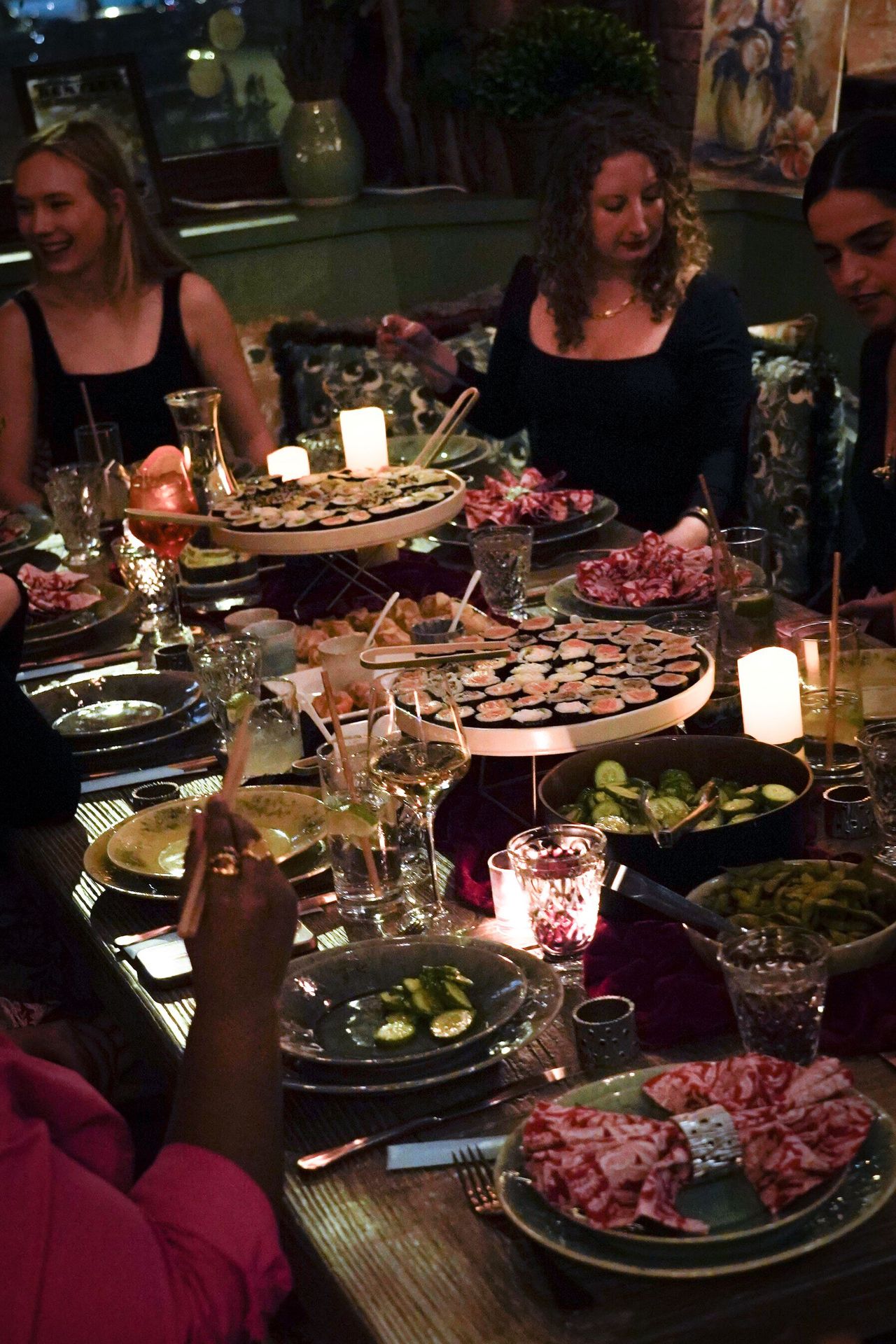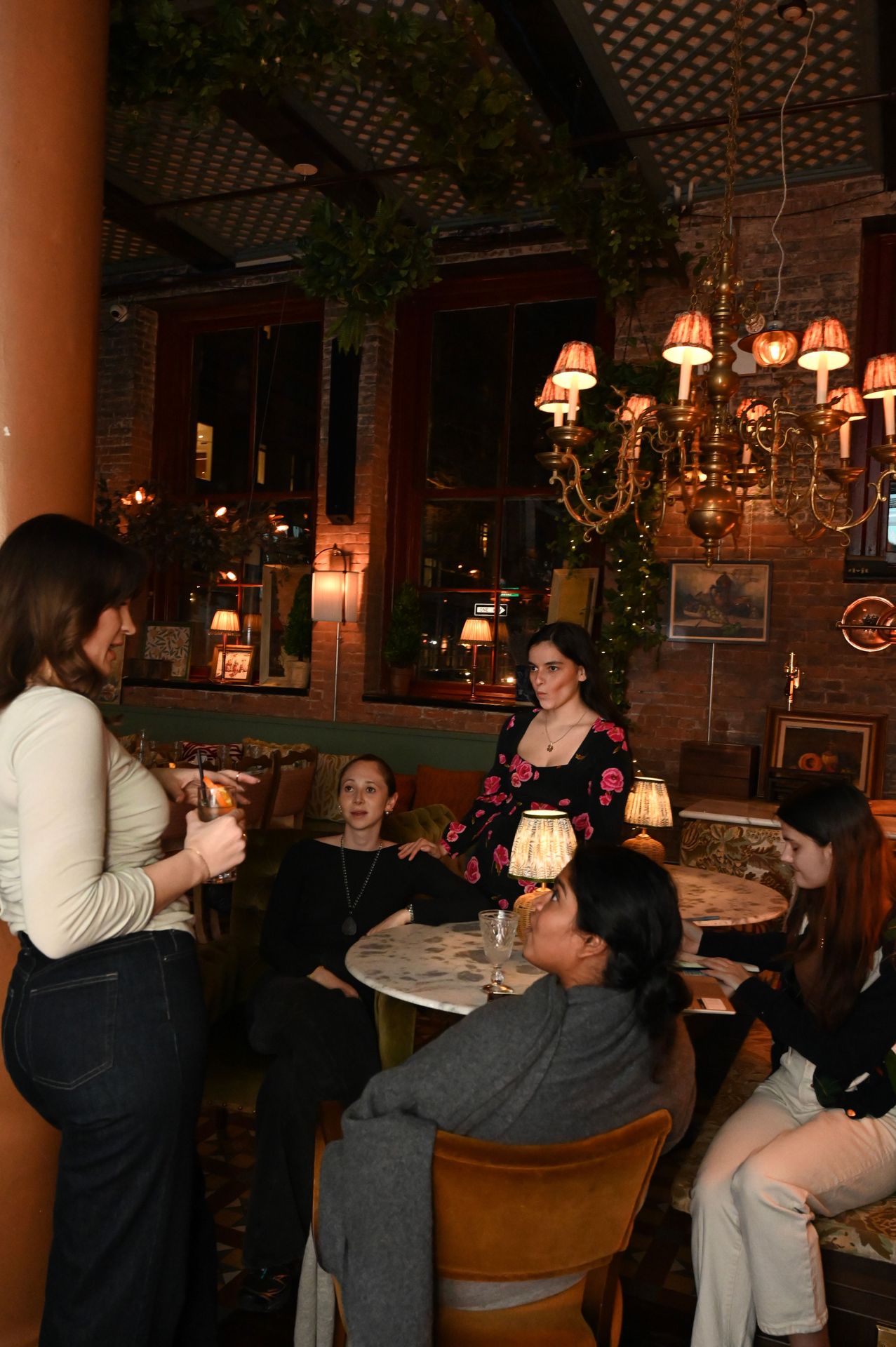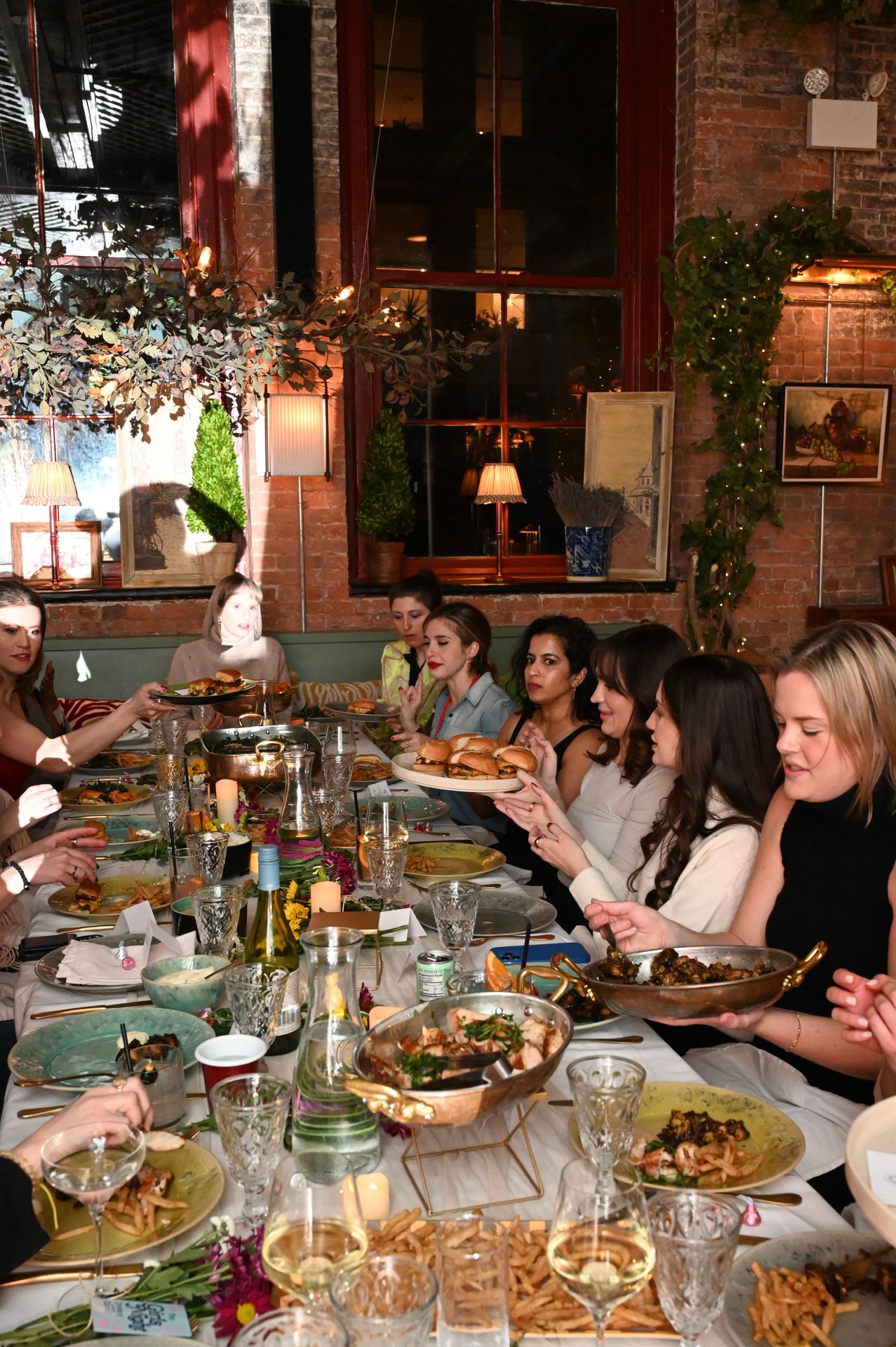In the late 19th century, as New York City pulsed with industrial progress and cultural reinvention, another quieter revolution was taking shape, one led by women who refused to remain on the margins of public life. These pioneers were gathering in parlors, lecture halls, and private dining rooms to create something profoundly transformative: women’s social clubs.
These spaces, born out of exclusion but defined by ambition, became incubators of intellect, solidarity, and social change. The story begins with Sorosis, the first of its kind, and unfolds through a broader movement that helped reshape the role of women in American civic life.



